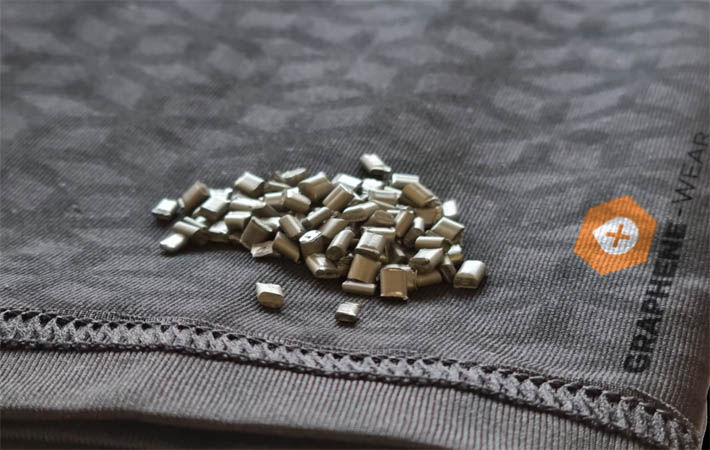[
{
"Section": "news",
"Text": "The Italian textile machinery industry is shaping the future | Learn More",
"LandingURL": "https://adsclick.fibre2fashion.com/app/clk/?q=07lrR3Iex48lWl+gszBH7x8K0JeON8MqKCTed7grFF+hc5TmIaz1MJFIuwGIJjNK73UGsaPTDztNONhZhz5TAevTRJCiLaWa/aqZGmFz2dmm2YTsQ3+Zr2e9hBadrNDk6VODBv7BqhNQB1uFi/4pXuRYG+ILPLJfDdkcvbPasfu098pTiSVtSGh6rtKguqadiU0KVNqCBzdhoDI5LucsCzIgPumTtKS7HNuUZYgxYIUgFmuc1XYsUdK8lmjwyiR0ZPpx+94U5HkY/8SLH6UXhBnZfae/nTJuZaXHoJ5QITWHkLwg3R+7GSnTIIBQ0Arqw0sYlB3th1Qn1lXoJfxXR4So4FgyWqVYvjLi9lA1PGDXbdkJz+LJurhFUvJTxCEhsdEIVdXS8Af3fTyxhjBA01pasIF/5UYQSmuvRDvjvRZ/Ht1ItG3lO5/hQoHZHhBTonydDubCfmEvangpysgNzt4yr9gqNihmC2v0WeQJSkgyF901NDxq0/stuOlVsyOO",
"Order": "1",
"Type": null,
"ImpressionURL": "https://static.fibre2fashion.com/spacer.gif"
}
]


